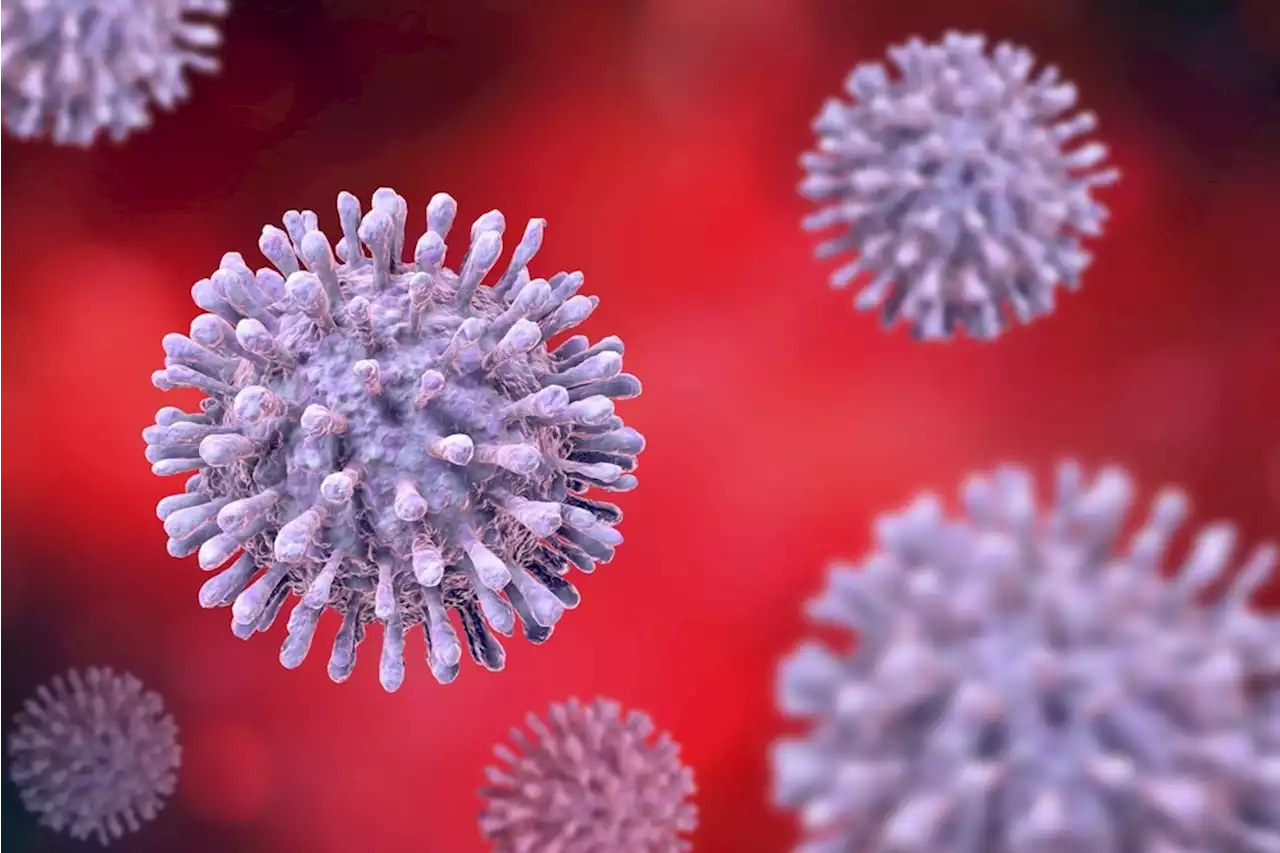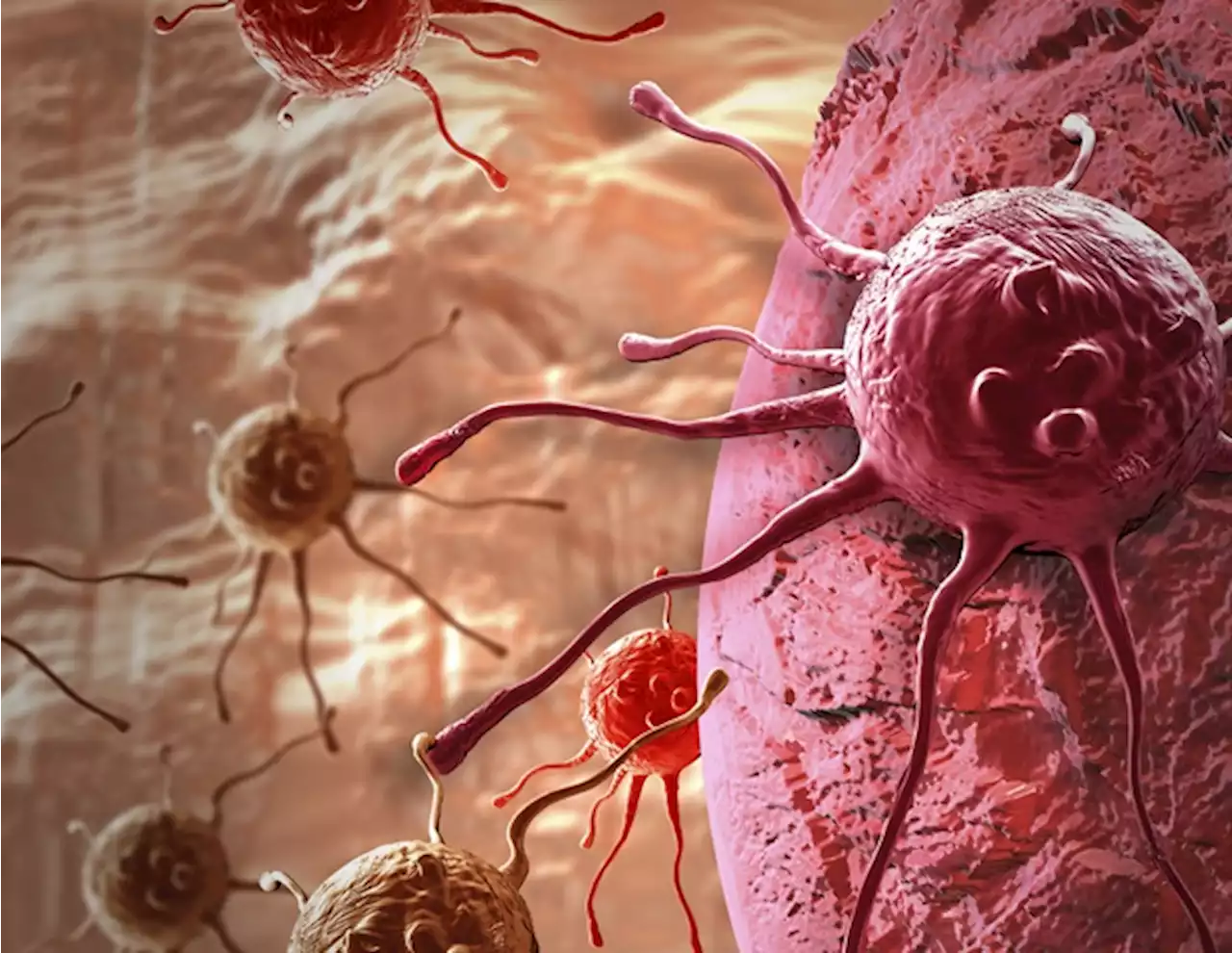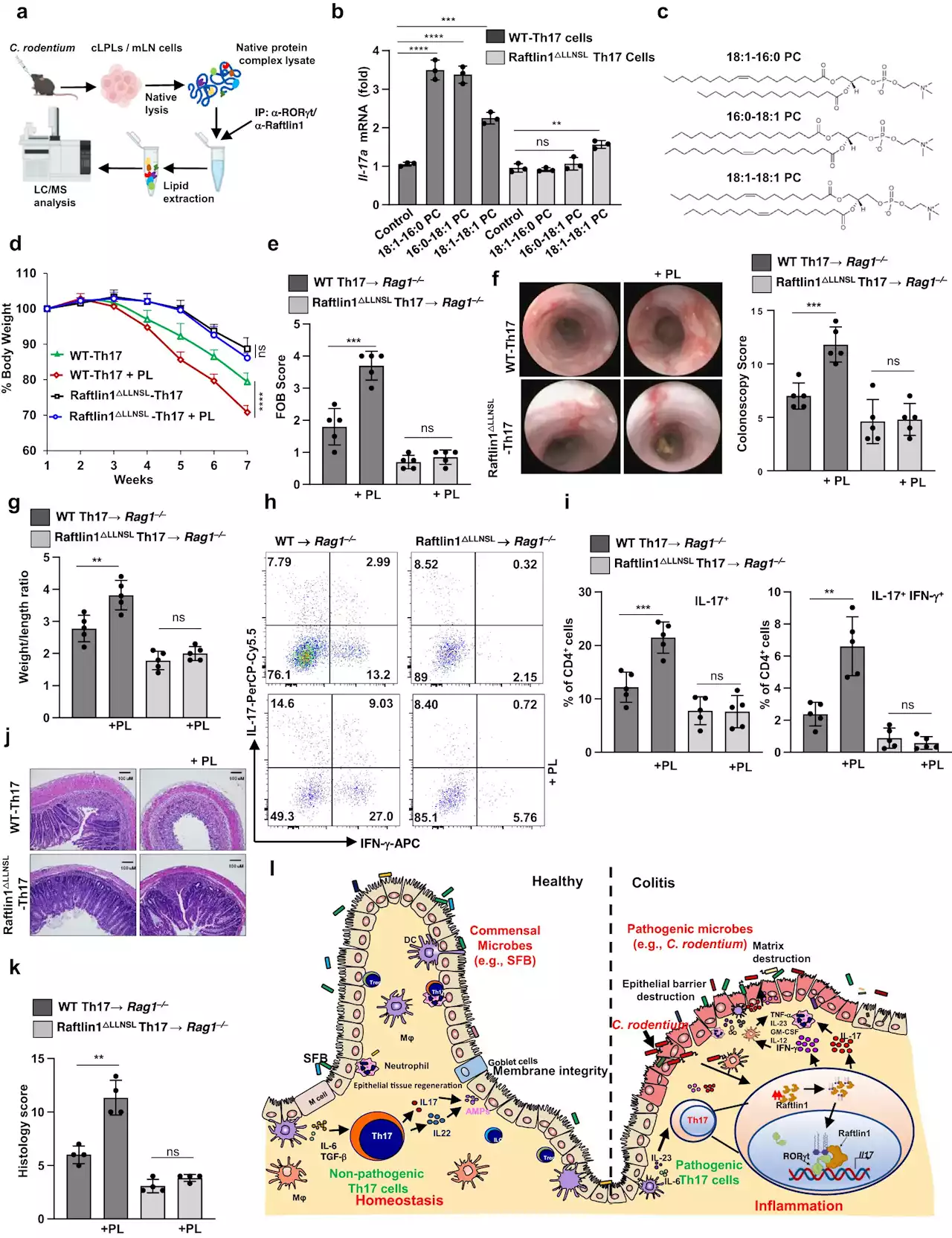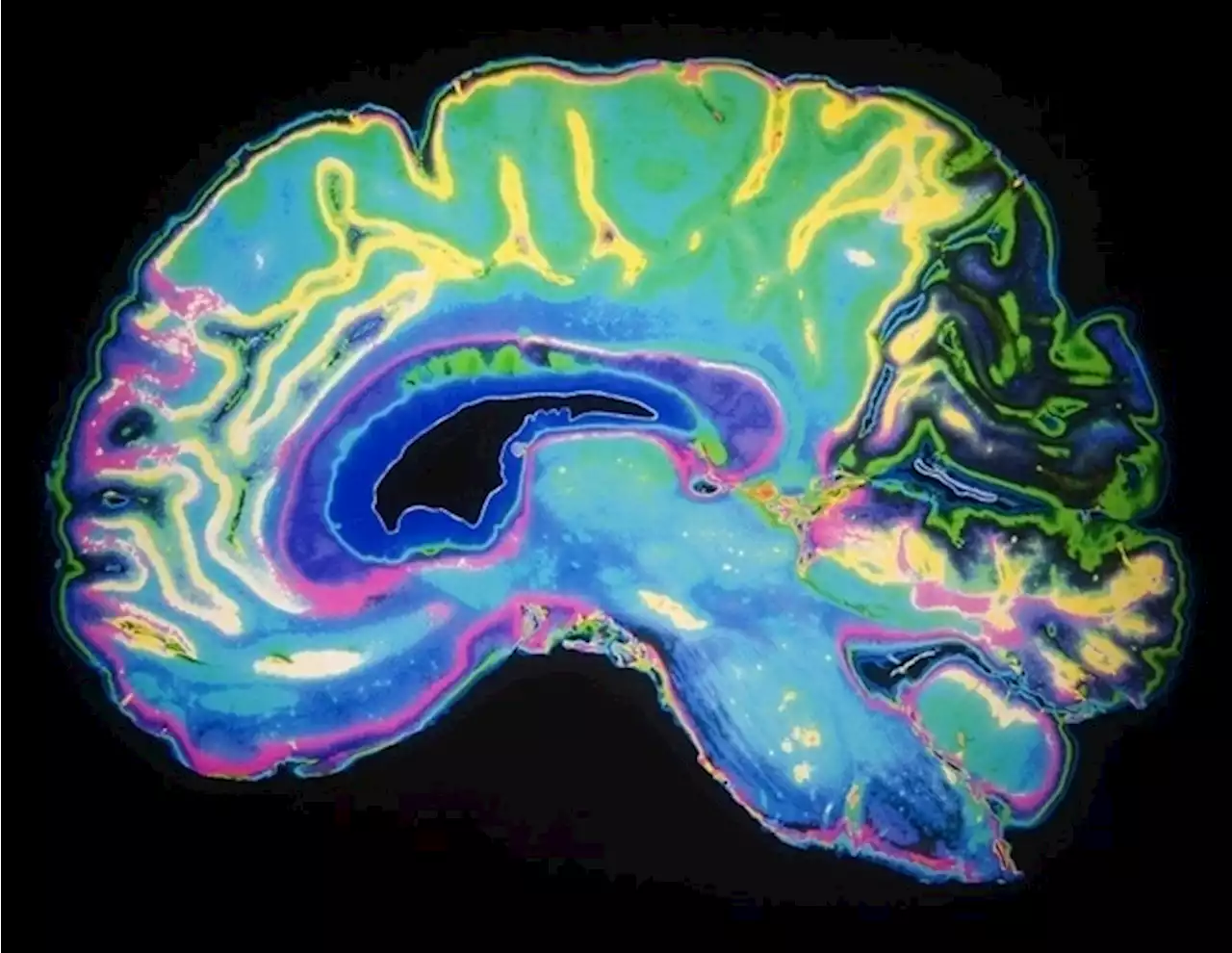Researchers have discovered a new way to target and kill cancer cells in hard-to-treat brain tumors using electrically charged molecules to trigger self-destruction, that could be developed into a spray treatment used during surgery.
A multidisciplinary team of researchers from the University of Nottingham, led by the School of Pharmacy found a new way to harness the extraordinary capabilities of bio-nanoantennae—gold nanoparticles intricately coated with specialized redox active molecules to induce programmed cell death, or apoptosis, in cancer cells on electrical stimulation. The research has been published today in Nature Nanotechnology.
The bio-nanoantennae were able to specifically target glioblastoma cells, leaving healthy cells unscathed. This unprecedented level of precision opens up new possibilities for developing treatment for Glioblastoma during surgical resection of the tumor, when the bionanoatennae would be sprayed or injected.
Dr Frankie Rawson led the research and explains: "The team showed that cancer cells succumb to the intricate dance of electrons, orchestrated by the enchanting world of quantum biology. With the advent of bio-nanoantennae, this vision of real-world quantum therapies edge closer to reality. By precisely modulating quantum biological electron tunneling, these ingenious nanoparticles create a symphony of electrical signals that trigger the cancer cells' natural self-destruction mechanism.
United Kingdom Latest News, United Kingdom Headlines
Similar News:You can also read news stories similar to this one that we have collected from other news sources.
 Reviving reservoirs: new findings shake up HIV treatment understandingResearchers provide insight into the interaction between T lymphocytes and persisting reservoirs of HIV, with repercussions for harnessing effective, long-lasting responses to HIV eradication.
Reviving reservoirs: new findings shake up HIV treatment understandingResearchers provide insight into the interaction between T lymphocytes and persisting reservoirs of HIV, with repercussions for harnessing effective, long-lasting responses to HIV eradication.
Read more »
 Researchers find preclinical evidence that a nasal immunotherapy may help treat Alzheimer's diseaseAlzheimer's is a debilitating neurodegenerative and neuroinflammatory disease that is difficult to treat. Most existing therapies target the buildup of amyloid beta (Aβ) plaques in the brain, which requires early intervention and intravenous therapy.
Researchers find preclinical evidence that a nasal immunotherapy may help treat Alzheimer's diseaseAlzheimer's is a debilitating neurodegenerative and neuroinflammatory disease that is difficult to treat. Most existing therapies target the buildup of amyloid beta (Aβ) plaques in the brain, which requires early intervention and intravenous therapy.
Read more »
 The origins of blood: Researchers identify a gene critical to blood productionBlood has long been a symbol of life and health, so it may be surprising that some aspects of blood production (hematopoiesis) remain incompletely understood. One such mystery is the role of a protein called SOX17. Blood cells are generated by hematopoietic stem cells (HSCs), and SOX17 seems to be important to the development of HSCs because SOX17 is expressed where HSCs first develop. What exactly SOX17 does, however, has remained unclear.
The origins of blood: Researchers identify a gene critical to blood productionBlood has long been a symbol of life and health, so it may be surprising that some aspects of blood production (hematopoiesis) remain incompletely understood. One such mystery is the role of a protein called SOX17. Blood cells are generated by hematopoietic stem cells (HSCs), and SOX17 seems to be important to the development of HSCs because SOX17 is expressed where HSCs first develop. What exactly SOX17 does, however, has remained unclear.
Read more »
 Researchers develop new protocol to study white matter injury in Alzheimer's diseaseA new editorial paper was published in Aging (listed by MEDLINE/PubMed as 'Aging (Albany NY)' and 'Aging-US' by Web of Science) Volume 15, Issue 16, entitled, 'Microvascular contributions to white matter injury in Alzheimer's disease.'
Researchers develop new protocol to study white matter injury in Alzheimer's diseaseA new editorial paper was published in Aging (listed by MEDLINE/PubMed as 'Aging (Albany NY)' and 'Aging-US' by Web of Science) Volume 15, Issue 16, entitled, 'Microvascular contributions to white matter injury in Alzheimer's disease.'
Read more »
 Researchers receive £2.66M to test new immunotherapeutic strategy for non-small cell lung cancerUniversity of Liverpool researchers have secured £2.66m Medical Research Council funding to clinically test a novel immunotherapeutic strategy for non-small cell lung cancer – one of the most deadly cancers.
Researchers receive £2.66M to test new immunotherapeutic strategy for non-small cell lung cancerUniversity of Liverpool researchers have secured £2.66m Medical Research Council funding to clinically test a novel immunotherapeutic strategy for non-small cell lung cancer – one of the most deadly cancers.
Read more »
 Researchers identify driver of inflammatory bowel diseaseResearchers at UT Southwestern Medical Center have discovered an intracellular mechanism that converts protective intestinal cells into disease-driving pathogenic cells, a finding that could lead to improved treatments for patients with inflammatory bowel disease (IBD).
Researchers identify driver of inflammatory bowel diseaseResearchers at UT Southwestern Medical Center have discovered an intracellular mechanism that converts protective intestinal cells into disease-driving pathogenic cells, a finding that could lead to improved treatments for patients with inflammatory bowel disease (IBD).
Read more »
